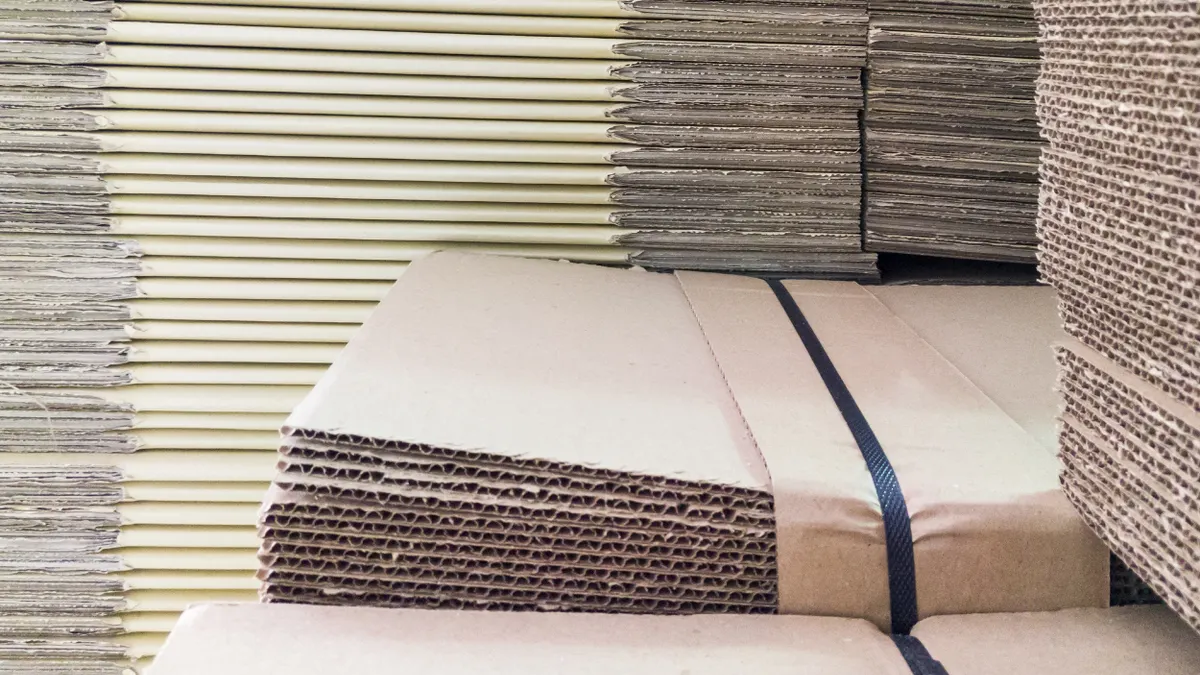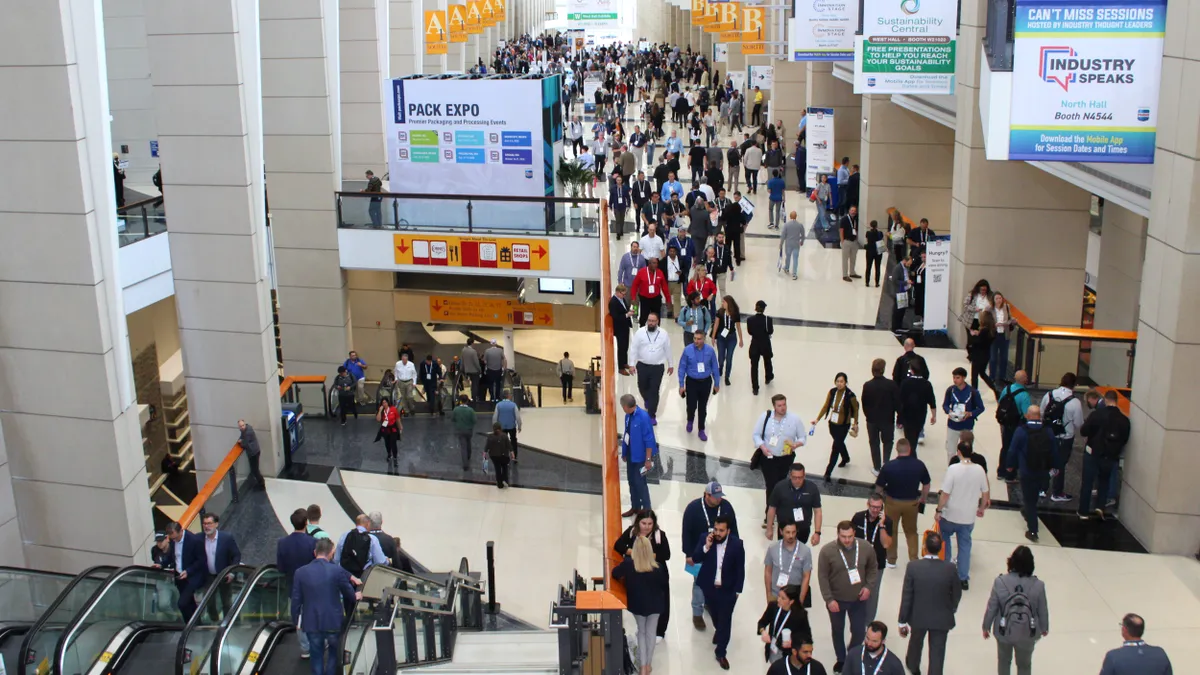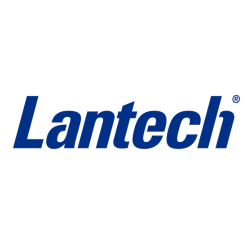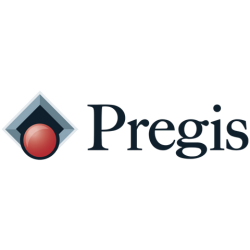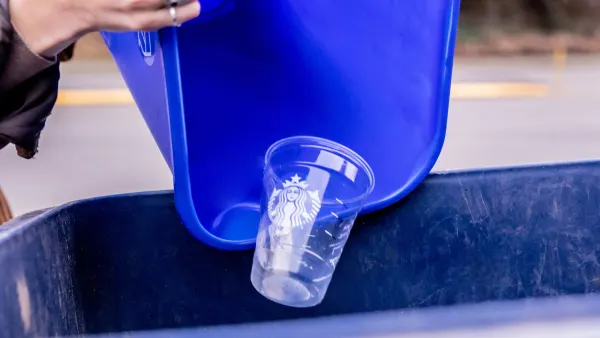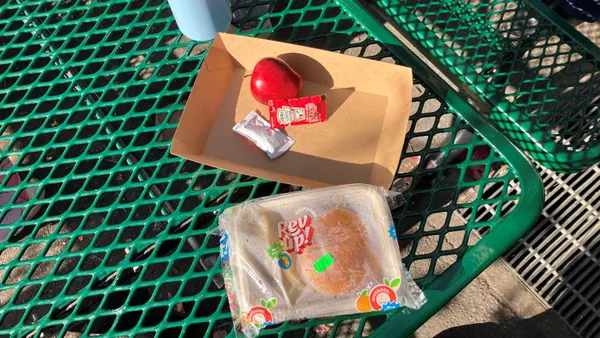Shareholder advocacy groups promoting different paths forward on corporate approaches to plastics and packaging are each touting symbolic successes as proxy season comes to a close.
Groups such as the conservative National Legal and Policy Center and corporate social responsibility-focused As You Sow filed shareholder resolutions with major retailers and CPGs including Walmart, Mondelēz and The Home Depot. As is typical with such resolutions, these proposals did not gain enough support to be adopted.
NLPC’s goal this year was to present a different point of view it believes has been absent, and generate discussion. “A lot of plastics just end up in the landfill or incinerator anyway,” said Paul Chesser, director of NLPC’s Corporate Integrity Project. “We're just looking for more balanced, calibrated consideration of plastics policies.”
Chesser explained that companies have been responding to pressure to reduce plastic use and transform packaging without adequately examining economic viability. “In our few years here of doing ambitious shareholder activism, we've seen a lot of these proposals from the progressive side of things pushing this,” Chesser said.
The point wasn’t to get a victory, Chesser said. “It's really to raise the issue. Show there's a different perspective on the issue ... and to shift the conversation.” Chesser said that NLPC’s proposal at Walmart did not receive enough support to be eligible for consideration next year, but NLPC could present it at a different company.
Results: Votes on shareholder resolutions
Conrad MacKerron, senior vice president at As You Sow, said the organization is “fairly hopeful” following this year’s outcomes. Amid political pressures against ESG initiatives, vote totals appeared lower than in the past, but “I think we know why they're lower,” he said. “I don't think it reflects, at this point, less interest by companies in still achieving their goals.” Votes on such proposals were still high enough to be refiled in future years, if desired, he said.
AYS said that a proposal on packaging recyclability at The Home Depot received 17% support. “That kind of a number is still large enough that I think management knows you are looking at support from some mainstream shareholders,” MacKerron said. “It sends a message that we do represent more than just a smaller group of ESG-oriented investors.”
Flexible packaging has been a recent area of focus for AYS. “Companies really need to decide what they're going to do. Are they going to look for alternative materials, phase out some of the flexibles, or are they going to really seriously try to promote recycling of these?” he said. “Because if they can't, we think they just need to phase these materials out.”




